
Team Starling
Code First Girls: How to kickstart your career in tech
22nd November 2023
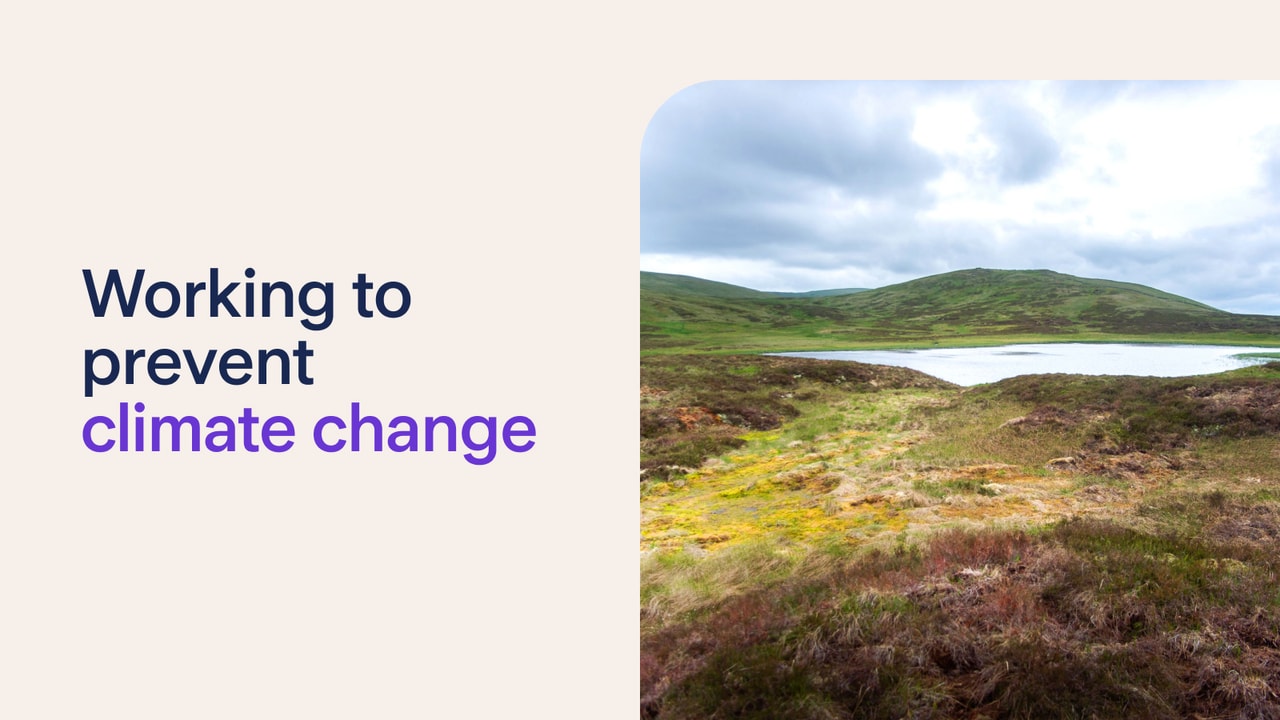
As part of our sustainability journey, we’re investing in eight projects that remove carbon dioxide (CO2) from the atmosphere or avoid further emissions. CO2 is one of several harmful greenhouse gases.
We’re supporting work on forest creation and protection, solar power, peatland restoration and energy efficient cookstoves.
From 2021 onwards, we’ll be offsetting carbon emissions from our supply chain and operations. We’ve committed to a one third reduction of our carbon emissions by 2030.
Several of the projects we’ve invested in involve planting and protecting trees, which absorb and store carbon. One project, provided by Carbon Footprint Ltd, organises the planting of trees in parks, farms and woodlands in the UK and also contributes to the protection and conservation of the Amazon Rainforest in Brazil.
The Amazon holds more than 40,000 plant species and more than 5,500 species of animals, from toucans to jaguars, boa constrictors to stingrays.
The second Carbon Footprint Ltd project works to legally protect the Keo Seima Wildlife Sanctuary (KSWS) in Cambodia. The forest is home to more than 350 bird species and 75 threatened animal species, including Asian elephants.
The project also strives to conserve the culture and traditions of indigenous and local communities living within the protected forest area, which is estimated to store the equivalent of more than 75 million tonnes of CO2.
Nicaragua’s biggest reforestation programme, known as Communitree and provided by C-Level, is another of our choices. This project is designed to help farmers understand that there is more benefit from protecting trees than in removing them.
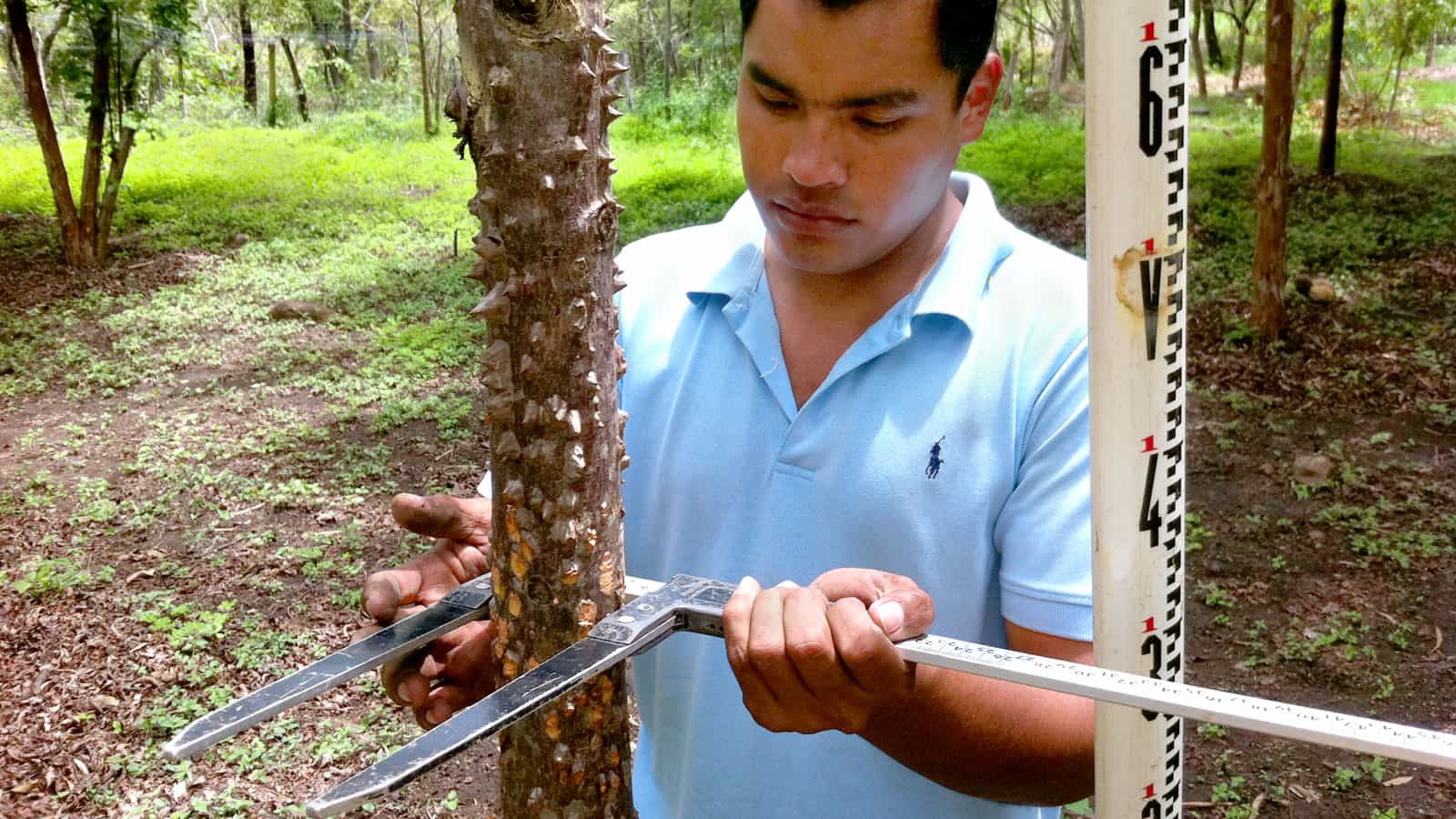
Empowering the local community is key to the success of the project we’re supporting in Uganda, Africa, provided by C-Level. So far, almost 600,000 tree seedlings have been distributed through the project, which aims to improve income, food and fuel stability for Ugandan farmers and families.
The final C-Level project we’ve invested in supports the conservation of mangrove forests in Kenya, and is run by the villagers of Gazi Bay and Vanga.
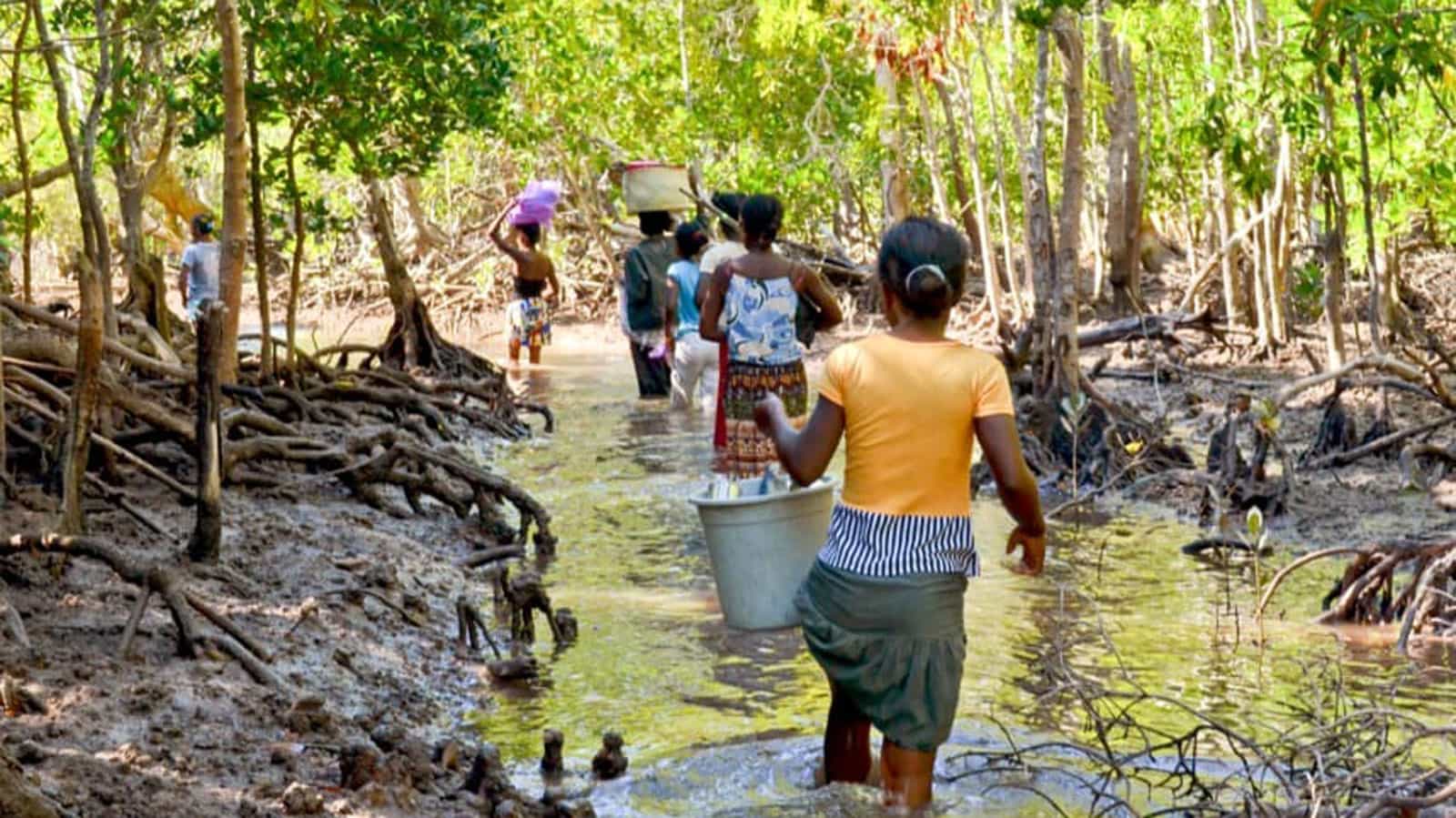
Mangrove forests, often known as blue forests, absorb and store more CO2 than many other varieties of trees and are vital to the health of marine ecosystems.
Solar power plants in the states of Tamil Nadu and Telangana, India, help enable fossil fuel energy to be replaced by solar energy, which is fed into the state grid.
It’s estimated that the project, provided by Carbon Footprint Ltd, saves the equivalent of 93,022 tonnes of carbon from entering the atmosphere each year.
By providing 8,000 cookstoves to homes in Malawi, Africa, this project aims to prevent the equivalent of 10,000 tonnes of CO2 from being created.
Further benefits include saving people time and effort from finding and collecting firewood, as these cookstoves use less wood than traditional ones. They also reduce the amount of smoke and harmful pollutants people are exposed to when cooking.
By restoring the peatland in the borders of Scotland, this project aims to re-establish the site as a place where carbon is stored, not released. Peatlands, which are wetland ecosystems, make up around 12% of land in the UK and are vital to many bird species, including golden plovers.
Restoration involves preventing further erosion and encouraging the growth of certain plants, such as sphagnum moss.
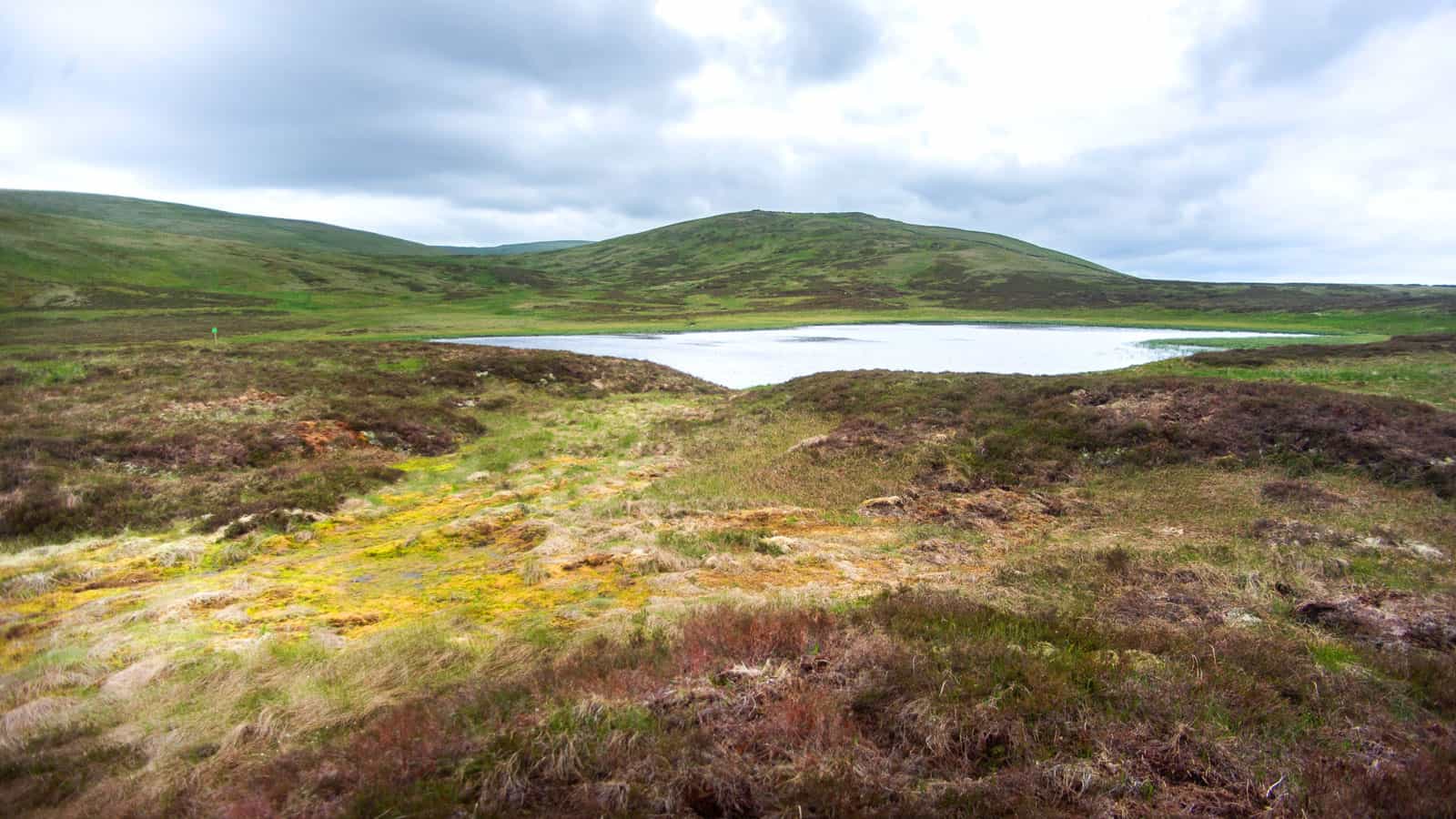
It’s estimated that over the next 100 years this peatland restoration work, run by Forest Carbon in partnership with the Borders Forest Trust, will prevent 18,379 tonnes of CO2 from entering the atmosphere.
The projects Starling supports are all certified under the VCS, Gold Standard, Plan Vivo or Peatland Code schemes, meaning that independent organisations have verified the projects’ positive impacts. Our funding comes in the form of carbon credits that offset our carbon emissions.
Other steps we’ve taken to reduce our carbon footprint include redesigning our debit cards, which are made of recycled plastic, and running our three UK offices on renewable energy. We don’t send paper statements to customers and we don’t have branches.
We’ve also funded the planting of 50,000 trees through our ongoing partnership with Trillion Trees, a joint venture between BirdLife International, the Wildlife Conservation Society and the World Wide Fund for Nature (WWF).
We would like to thank the organisations that have helped Starling invest in these diverse, innovative projects. Watch this space for further updates on Starling and sustainability.

Team Starling
22nd November 2023

Team Starling
25th September 2023

Team Starling
1st June 2023

Money Truths
12th December 2024
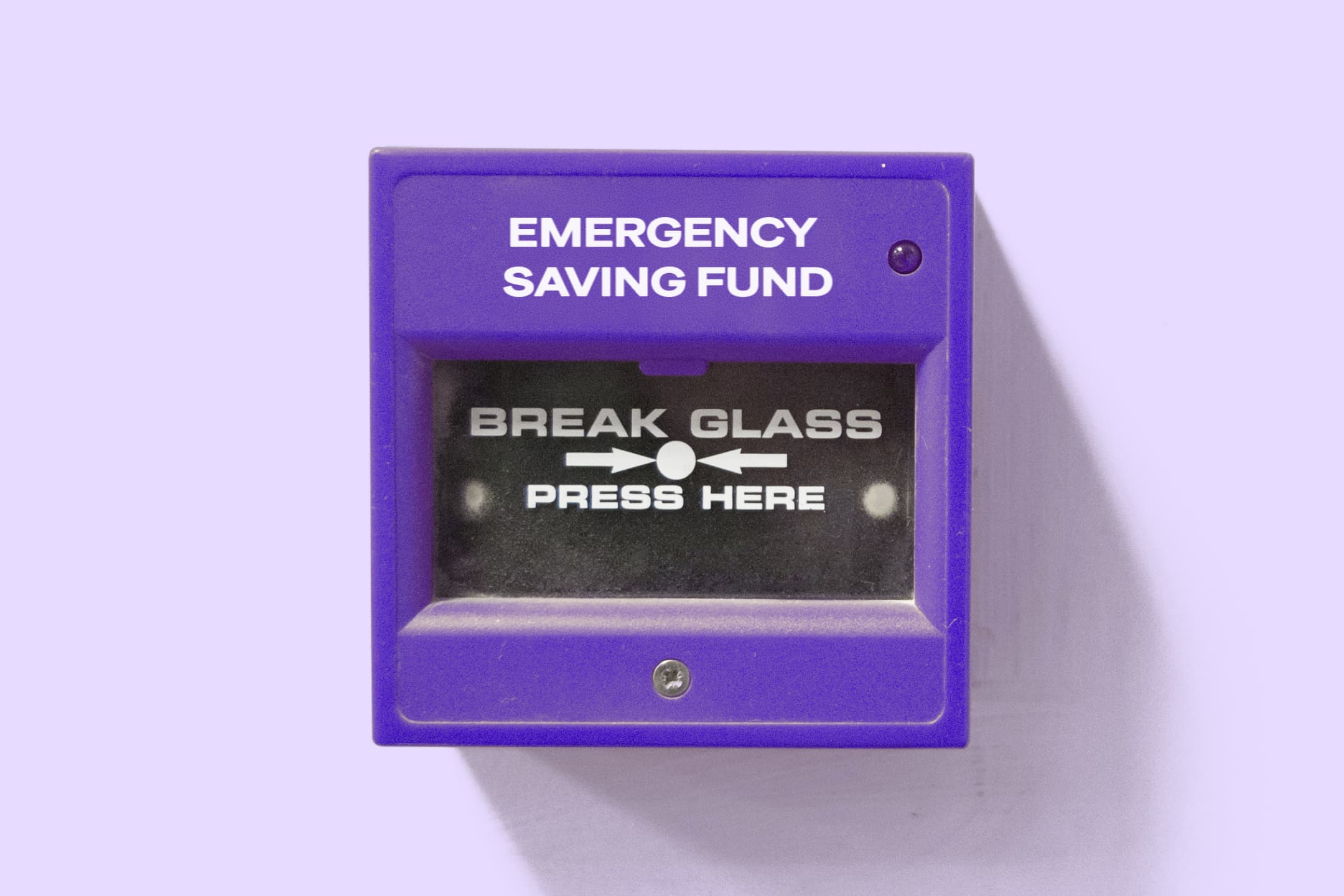
Money Masters
3rd December 2024

Money Masters
3rd December 2024